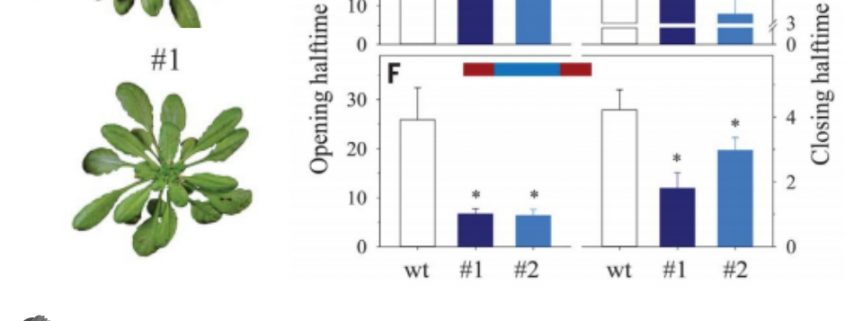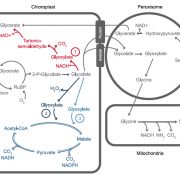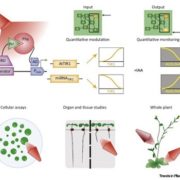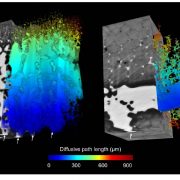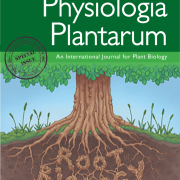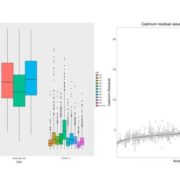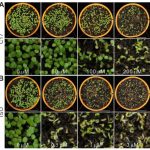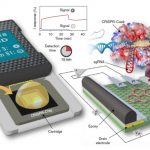Optogenetic manipulation of stomatal kinetics improves carbon assimilation, water use, and growth ($) (Science)
Optogenetics is a biotechnique that uses light-sensitive molecules to regulate cell activity. In plants, stomatal aperture mediates both CO2 uptake for photosynthesis and water loss by transpiration. The carbon-water trade-off control affects water use efficiency (WUE). Here, Papanatsiou et al. studied the synthetic blue light–induced K+ channel 1 (BLINK1) as an ion flux photoactivator by expressing it in the guard cells membranes of Arabidopsis. Membrane voltage kinetics showed an increase of K+ conductance in the BLINK1-guard cells in response to light. The stomatal kinetics, analyzed by gas exchange, revealed BLINK1 accelerates changes in conductance, reducing the stomatal opening and closing halftimes. Rosette area and biomass increase were documented and CO2 concentrations were not altered, meaning in an improvement of WUE without affecting carbon assimilation. Optogenetic tools are mainly known for their contributions to control mammalian neurological functions, and this study demonstrates how valuable these new strategies are to modifying plant growth responses as well. (Summary by Ana Valladares) Science. 10.1126/science.aaw0046


